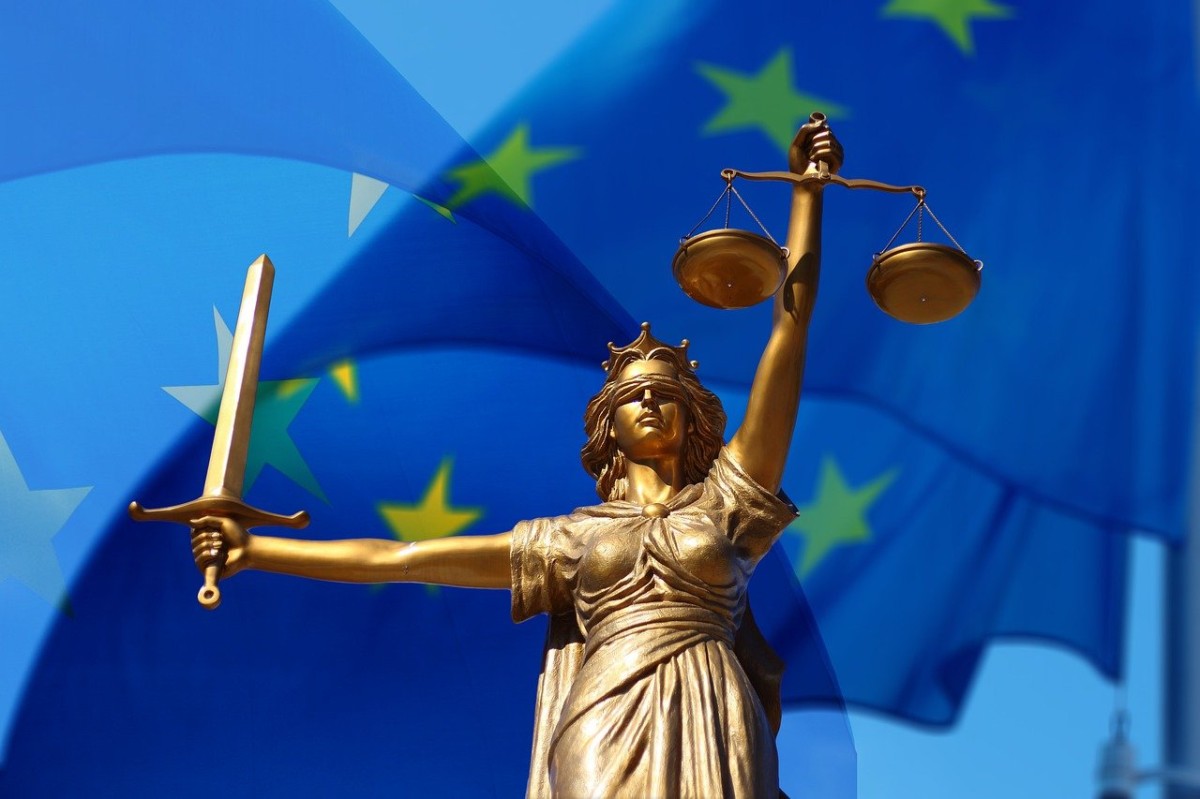The sixth edition of the Rule of Law report of the Commission was published last week. The 2025 report finds important positive reforms across the 27 EU member states over the four key areas under examination: justice, anti-corruption, media freedom and institutional checks and balances.
As all four pillars of the 2025 Report, Media Freedom and Pluralism are viewed under the Single Market overall objective. As stated in the report:
“A media environment governed by clear and transparent rules not only protects the integrity of the democratic space but also supports the functioning of the EU Single Market by ensuring a level playing field for media service providers.”
The focus on the Single Market was set out in President von der Leyen's Political Guidelines 2024-2029. Michael McGrath, Commissioner for Democracy, Justice, the Rule of Law and Consumer Protection, stated:
“The 2025 Report’s main novelty is its stronger focus on the Single Market. The rule of law is not only vital for democracy and security, but also for our economy.”
In continuation to the 2024 Report, in 2025 the enlargement countries Albania, Montenegro, North Macedonia and Serbia were again monitored. Other enlargement countries will be included “when they are ready”, as stated in Political Guidelines.
Political Interference and other"Serious" Challenges on Rule of Law
The Report identifies persisting challenges which are characterised as “serious” or of rising concern in different mamber states. In more detail:
Justice - Serious challenges are identified over the length of court proceedings in the justice system of Greece, Italy, Cyprus. In North Macedonia, judicial independence is seriously challenged by interference and pressure from other State branches.
Anti-corruption - Bulgaria and Hungary were reported as not having demonstrated yet a track record of investigations, prosecutions and final convictions in high-level corruption. In Malta and Romania there was some progress but no final judgements on high-level corruption cases. Annulments of prior convictions were observed in Romania and Slovakia. Lobbying remains unregulated in Portugal, Poland and Belgium, where remaining gaps also concern the handling of high-level corruption cases and “revolving doors”.
Media Freedom and Pluralism - Political interference in Public Service Media persists in Hungary, Slovakia, Romania, Malta and Greece. In Slovakia “The abolition of the previous public service broadcaster and the establishment of a new entity continues to raise concerns about the autonomy of public service media.” Concerns for journalists’ safety are rising even in countries with overall good safeguards, such as Germany and Ireland. Limited funding, transparency on media ownership, allocation of state advertising, market concentration and journalists’ access to information are among the most common challenges.
Institutional Checks and Balances - In Hungary the legal certainty and business operation in the single market is undermined by governmental activities, including state pressure on companies and unaddressed concerns on secret surveillance measures outside criminal proceedings. Serious concerns over the lack of public consultation in law-making processes and a shrinking civic space through funding cuts and legal procedures, were observed in Hungary and Netherlands.
Awaiting Progress from the EMFA, SLAPPs and the Europea Board for Media Services
The Report described the European Media Freedom Act as having triggered a readiness check against the upcoming deadline for the application of most of its provisions on the 8th of August 2025. At the same time, the newly established European Board for Media Services is expected to play a “central role in monitoring, coordinating and supporting media policies across EU Member States”.
Expectations of improvements were also recorded as based on the anti-SLAPP Directive. According to the Report, the Commission worked with Member States for the transposition of the Directive, which is due by 7 May 2026 and recommended them to take national action on strengthening journalists’ protection against abusive lawsuits.
Rising Threats and Progress Made on Journalists’ Safety
According to the findings of the 2025 report of the
Media Pluralism Monitor conditions for journalists deteriorated in several countries, including "increased physical violence during protests, more online harassment and smear campaigns by politicians." Rising risks also include highly concentrated media ownership and the dominance of a few digital platforms.
A threatening enviroment in Hungary, Romania, Slovakia and Malta
In Hungary journalists keep facing numerous and serious challenges, such as being investigated as allegedly ‘serving foreign interests’. In Romania the Report noted threats, harassment and political pressure on editorial independence.
In Slovakia stakeholders expressed a deteriorating protection of journalists and media freedom, which remains pending also in Malta, with the exception of a law on cross-border strategic lawsuits.
Safety Challenges, SLAPPs and precarious working conditions in ten countries
Despite some positive developments, journalists still face safety challenges, SLAPPs and precarious working conditions in Greece, Spain, Croatia, Italy, Cyprus, Poland, Portugal, Slovenia and Austria. Increasing challenges in Bulgaria also include politicisation of the media regulator and overall political interference.
Otherwise Safe but with Rising Concerns in Germany, Ireland, France, Czech and Latvia
In Germany an adequate level of journalists’ protection was recorded, yet with rising concerns over increasing reports of physical attacks. In Ireland and France, despite an overall adequate level of journalists’ safety, there were threats and police violence against reporters covering protests. Online threats are rising in Czech and Latvia.
Relatively Safe Countries for Journalists: Denmark, Luxembourg, Netherlands, Finland
Ongoing progress was noted in Luxembourg and the Netherlands. Belgium strengthened legal protection for journalists, through harshening penalties for crimes against journalists and decriminalizing defamation, which is in progress also in Ireland. In Finland, the protection framework for journalists was noted as “stable”. In Denmark the level of journalists’ protection is considered as high, while calls for more transparency on incidents reporting was noted.
Favourable Conditions for Journalists in Estonia, Lithuania and Sweden
Estonia, Lithuania and Sweden were the three countries where the overall framework for the protection of journalists was observed as remaining favourable.
Find more here
Image by Gerd Altmann from Pixabay - Free for use under the Pixabay Content License








